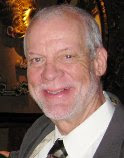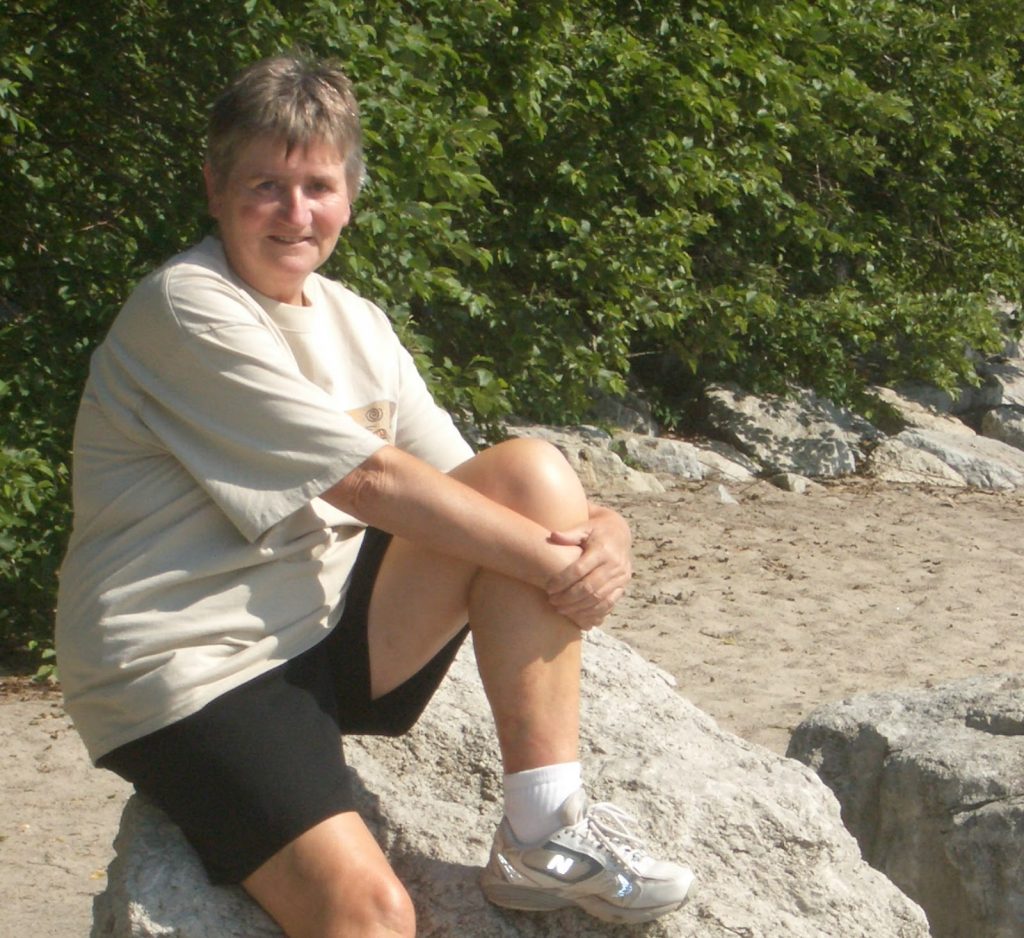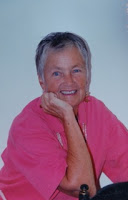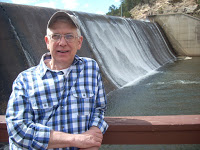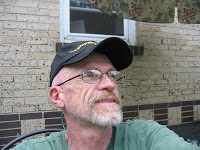I have been doing housework since I was no more than eight years old. I remember this very specifically because the summer of my eighth year I contracted ringworm of the scalp. It was the summer that my nuclear family—granddad, dad, mom and me—drove Granddad’s 1952 Packard sedan to New England and Washington, DC. We hadn’t been home one week when my scalp started to scale and itch. We had a pet cat, which had every reason to hate me but, when checked, it showed no sign of the skin disease. I might have picked it up in the Big Apple but my favorite theory is that I got it from putting the nozzle of the vacuum cleaner up to my cheek and making funny faces at myself.
In any event, that was only the beginning of a series of odd associations with house cleaning in my early life. My parents were lower middle class folk who rarely could afford to pay a cleaning person but my mother hated—that’s H-A-T-E-D—housework—so, when she was working, it was necessary to pay someone to clean our house. One day, according to my mother, she found a black cleaning woman asleep on her bed. That was the last time she ever paid anyone to do housework and, as far I know, the last time she ever spoke kindly of a black person. No, from then on, if house cleaning needed to be done and I was around, I did it (or, so it seems, looking back across so many foggy years).
Luckily for me, I kind of liked doing housework. (Please note the past tense!) I put cleanliness and order above godliness and I was the only person I trusted to do the job right. When I started working at the public library at the age of 15, my favorite job was to “read the shelves” on Saturday mornings. That meant putting hundreds of fiction books in alphabetical order by author and title and a similar number of non-fiction books in Dewey Decimal System order. I could do it faster and more accurately than anyone else on the staff though they seemed only upset that I lay on the floor to read the bottom shelf.
My second-favorite job was working the basement stacks. Down there was a large “squirrel cage” that housed back issues of periodicals, including National Geographic. Growing up in the 1950’s meant that there were a number of native peoples in the world who were accustomed to wearing little other than a loin cloth and, sometimes, some body paint or other ornamentation. The only magazine store in my home town was a great source of comic books and Christian literature but most definitely lacking in anything that would appeal to the prurient interest of a nascent adolescent. National Geographic filled the gap nicely, especially articles on the golden, stocky tribes of the Amazon River basin.
In my senior year of college, I took a job cleaning house for a retired professor and his wife. He was wheelchair bound and she was his primary caregiver. Their house was a two-story colonial with a half-finished basement. The finished half was the professor’s office and the unfinished half a place to store books, magazines, and other paraphernalia. My job was to clean only his office every other week, which only took two hours. I think they paid me $2.50 an hour but that would pay for soda, movies, and cigarettes for the month. Soon I discovered that the professor was a collector of National Geographics. Suddenly, my job satisfaction improved by leaps-and-bounds.
I now no longer do house cleaning—for myself or anyone. The thrill has gone. I still get a kick, however, out of watching the houseboy in La Cage aux Folles as he combines his flouncing with his feather dusting.
About the Author
I came to the beautiful state of Colorado out of my native Kansas by way of Michigan, the state where I married and I came to the beautiful state of Colorado out of my native Kansas by way of Michigan, the state where I married and had two children while working as an engineer for the Ford Motor Company. I was married to a wonderful woman for 26 happy years and suddenly realized that life was passing me by. I figured that I should make a change, as our offspring were basically on their own and I wasn’t getting any younger. Luckily, a very attractive and personable man just happened to be crossing my path at that time, so the change-over was both fortuitous and smooth. Soon after, I retired and we moved to Denver, my husband’s home town. He passed away after 13 blissful years together in October of 2012. I am left to find a new path to fulfillment. One possibility is through writing. Thank goodness, the SAGE Creative Writing Group was there to light the way.
